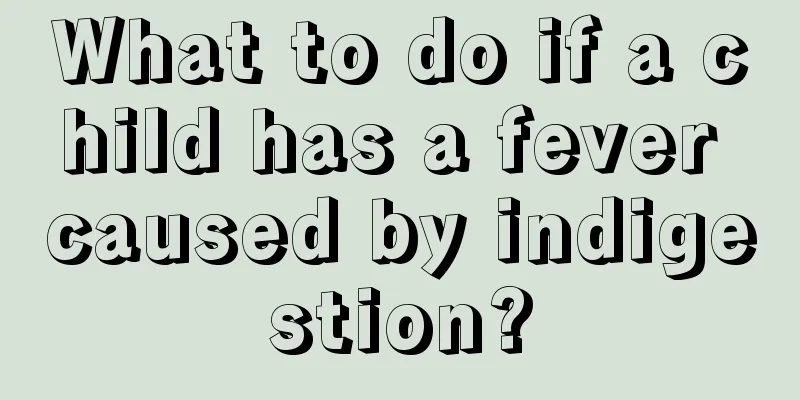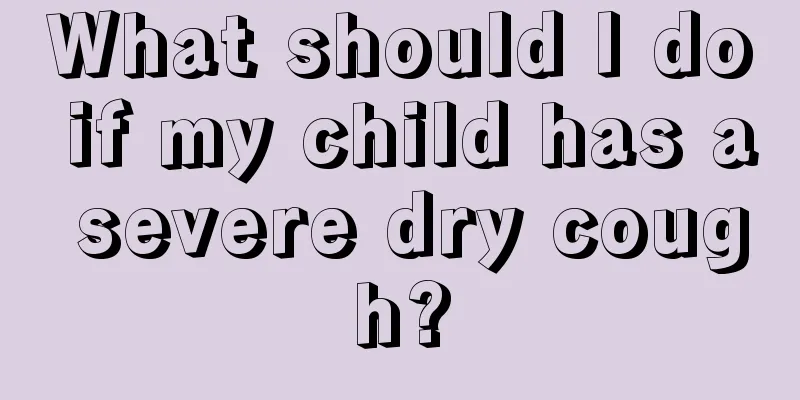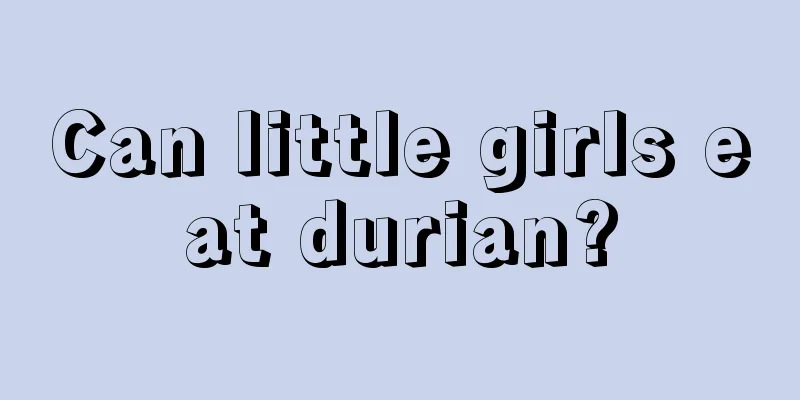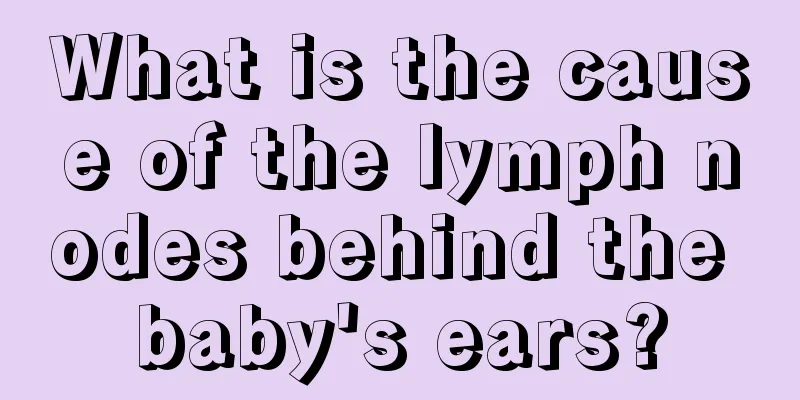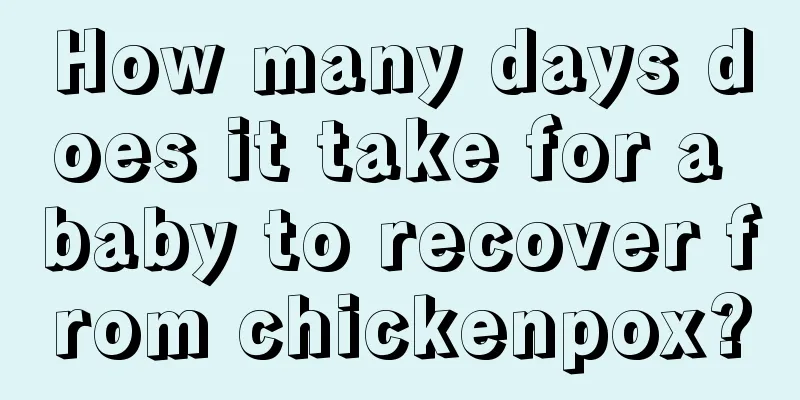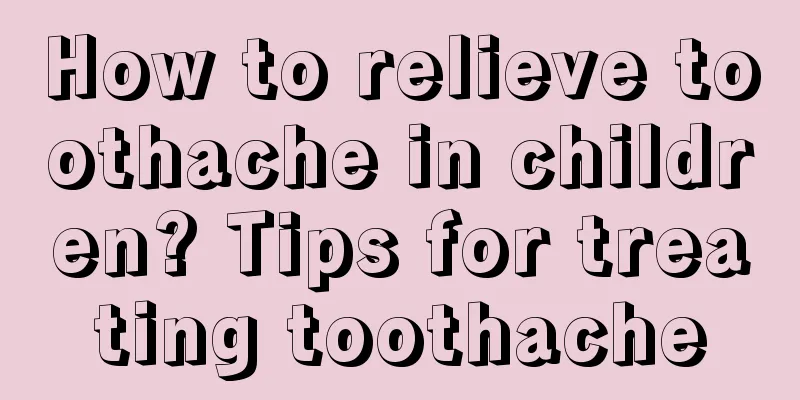Children's sudden convulsions
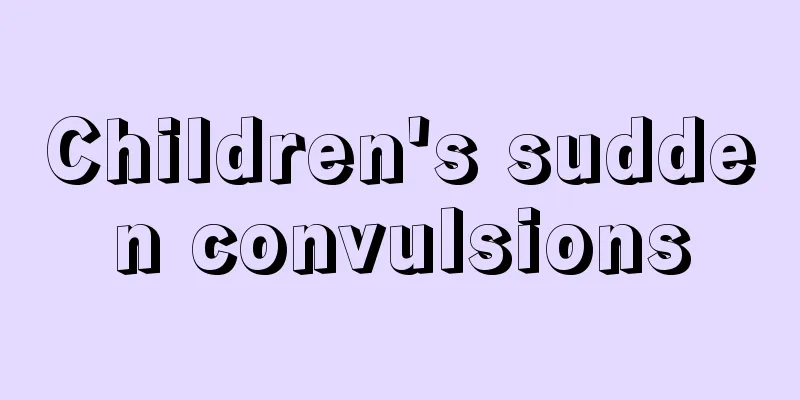
|
Convulsion problems are caused by the fact that the nerves in the human body are not under conscious control. A common symptom of convulsion problems is epilepsy. If you fail to take timely emergency measures when a patient is having convulsions, the patient may show signs of coma. When children have sudden convulsions, parents will fall into a state of extreme worry. Today's article will sort out the causes of sudden convulsions in children for parents. What causes convulsions in children? A convulsion is an involuntary, paroxysmal, strong contraction of the whole or local muscles. There are three types of seizures: tonic (continuous muscle contraction), clonic (intermittent muscle contraction) and mixed (sequential tonic and clonic contractions). There are many reasons that cause convulsions in children, including high fever, epilepsy, tetanus, rabies, calcium deficiency, etc. Among them, calcium deficiency, epilepsy, etc. can cause frequent convulsions in babies, and most sudden convulsions are high fever convulsions caused by fever. Therefore, when the child has a fever, parents should try to control the body temperature. How to deal with children's convulsions How to deal with emergencies when a child has convulsions? Director Ma reminds parents that if a child has convulsions at home, parents should not panic, but must pay attention to preventing secondary injuries and keep the child's airway open. Prevent secondary injuries: When a child has a convulsion, you should first lay the child down and move away hard and sharp objects around him to prevent the child from hurting himself. You can use a stainless steel or plastic spoon (a ceramic spoon is not recommended to prevent the child from biting the spoon into pieces), wrap it with cloth and let the child bite it between the upper and lower teeth to prevent the child from biting the tongue. Keep the airway open: loosen your collar, turn your head to one side, and clear any foreign objects in your mouth to keep the airway open. Don’t take medicine randomly: When the cause of the disease is unknown, parents should not let their children take antipyretics on their own initiative to avoid delaying the disease. If the high fever convulsion is caused by fever, the child should be given antipyretics in time, and appropriate physical cooling measures should be taken to reduce the child's fever and relieve the convulsion symptoms. Seek medical attention promptly: After completing emergency treatment, you should seek medical attention as soon as possible, preferably at the nearest hospital. How to prevent seizures in children The best way to deal with convulsions is to prevent them. So how do we prevent convulsions in children? To prevent convulsions in children, we should actively treat the primary disease according to the cause. Epilepsy: If your baby has epilepsy, he or she must take the medication as prescribed by the doctor. If the medication is stopped suddenly, even for 1-2 days, it may cause an epileptic seizure. Febrile convulsions: Fever can easily cause febrile convulsions. When a child has a fever, parents should take appropriate cooling measures, try to control body temperature and prevent convulsions. Director Ma also reminded parents that after a child has had a febrile seizure, it is easy for the child to have a relapse when he or she has a fever. Therefore, parents should pay special attention when a child with a history of febrile seizures has a fever. Calcium deficiency: Calcium deficiency in children can also cause convulsions and affect growth, so children must take in enough calcium (eat more calcium-containing foods and supplement calcium when necessary). At the same time, children should be exposed to more sun. If there is insufficient light, they can take vitamin D at the same time. Others: Rabies, tetanus, etc. can also cause convulsions. Be careful to prevent your child from being bitten by animals. If bitten, seek medical attention in time and get a rabies vaccine. If your child is injured, he or she should be given a tetanus vaccine. Finally, parents are reminded that if their child has a fever and convulsions, it is recommended that they undergo a comprehensive examination to confirm the cause of the child's convulsions so that symptomatic treatment can be provided to prevent recurrence of the child's convulsions. |
<<: What to do if your child has fat particles
>>: Will being fat affect a boy's development?
Recommend
What is the reason for birthmarks in the fetus?
Many parents will find that their children have b...
What should children eat to relieve constipation?
It is painful for children to have difficulty def...
What is vaginal inflammation in young women?
There are many underage women, that is, young gir...
Causes and treatment of neonatal facial eczema
Newborn facial eczema is a relatively common dise...
What to do if your child has indigestion and stomach pain
Our children will also encounter some problems in...
Why do children get cavities?
We often see some children who are white and chub...
Why does my child keep having a dry cough?
Sometimes, coughing due to a cold is a very norma...
Can children drink carbonated drinks?
Many children like to drink carbonated drinks, es...
How to deal with cold and nasal congestion in children
Because children have low immunity, they are very...
Is it good for children to drink crucian carp soup?
Because children are young and their physical con...
Chinese medicine massage for children with cough
Nowadays, traditional Chinese medicine treatment ...
Which department should my child go to for headache?
Headache is a common phenomenon in normal times. ...
What to do if your newborn baby poops and cries
Taking care of children is a very troublesome thi...
Treatment of breast hypoplasia in girls
Nowadays, there are more and more female diseases...
How to improve children's memory
Many children nowadays have poor memory problems....




